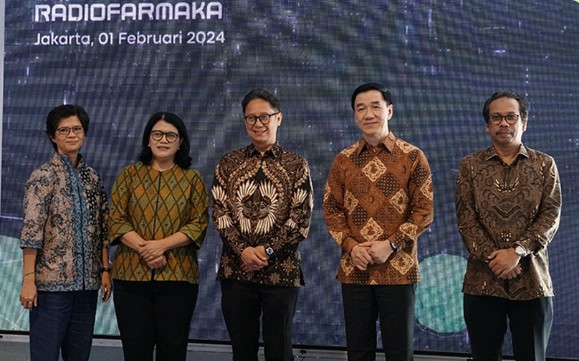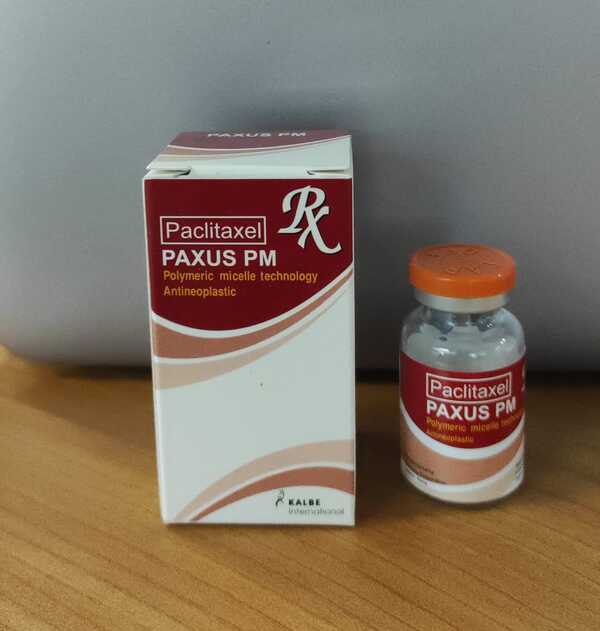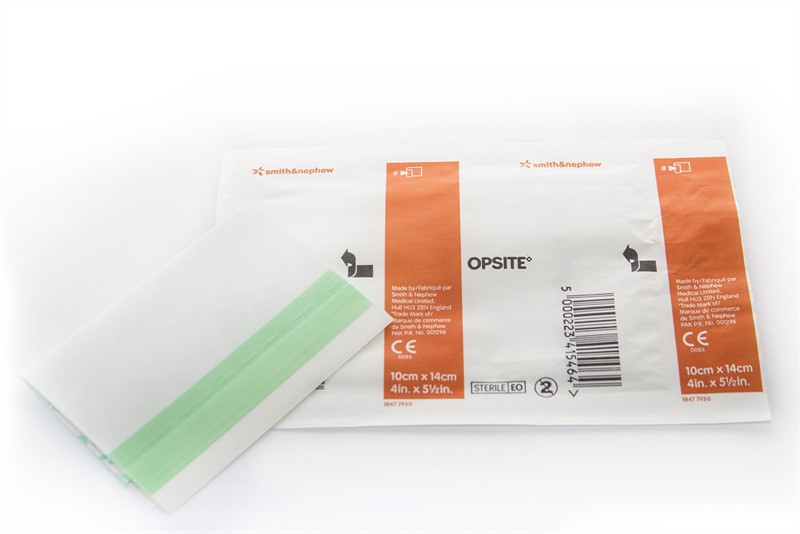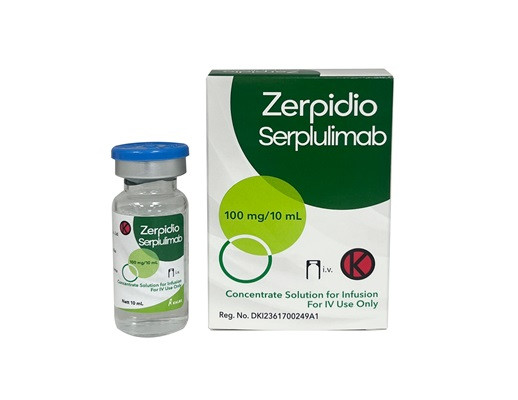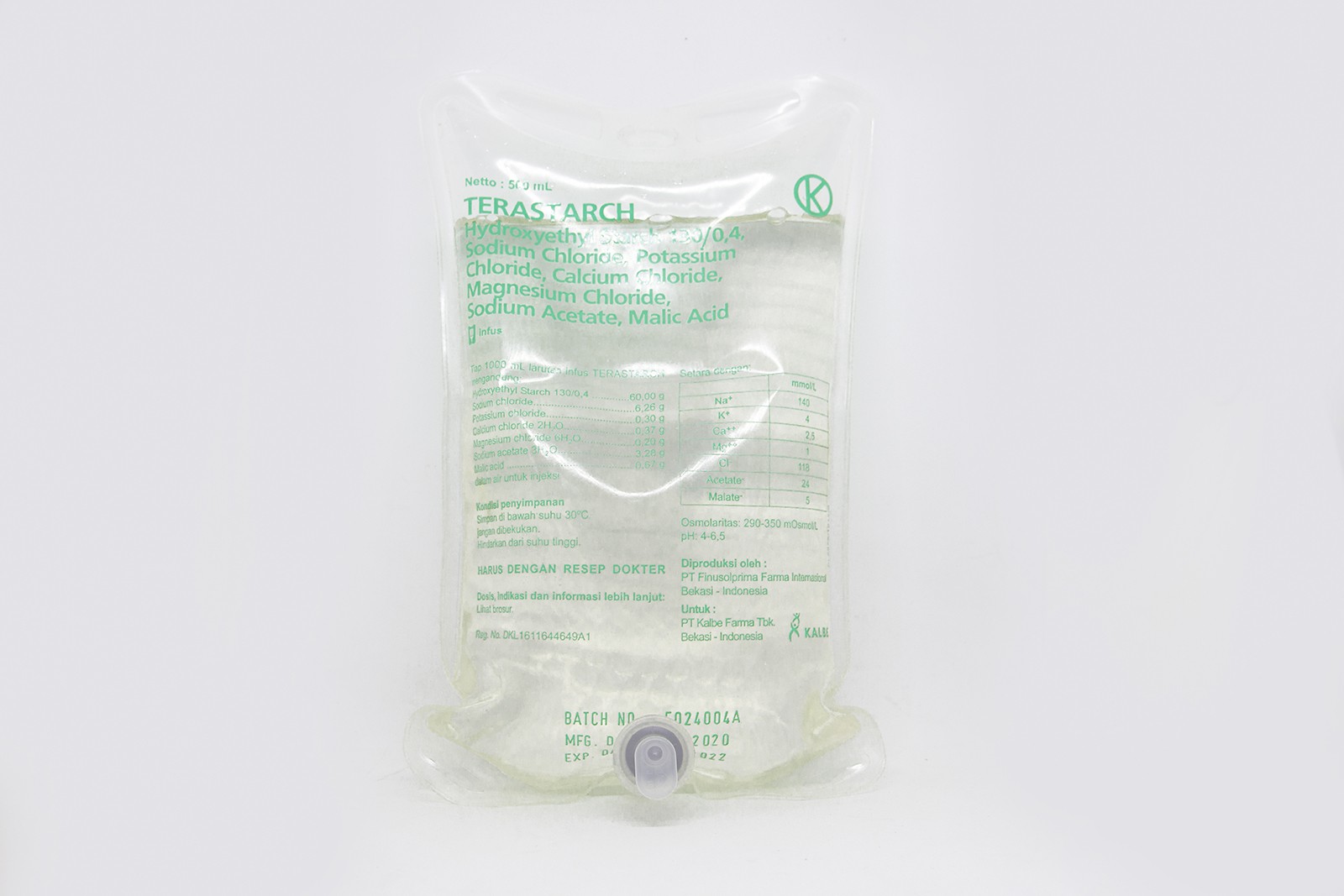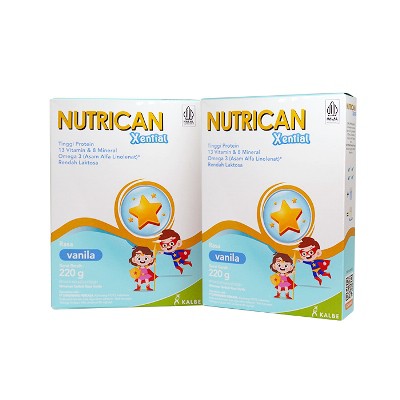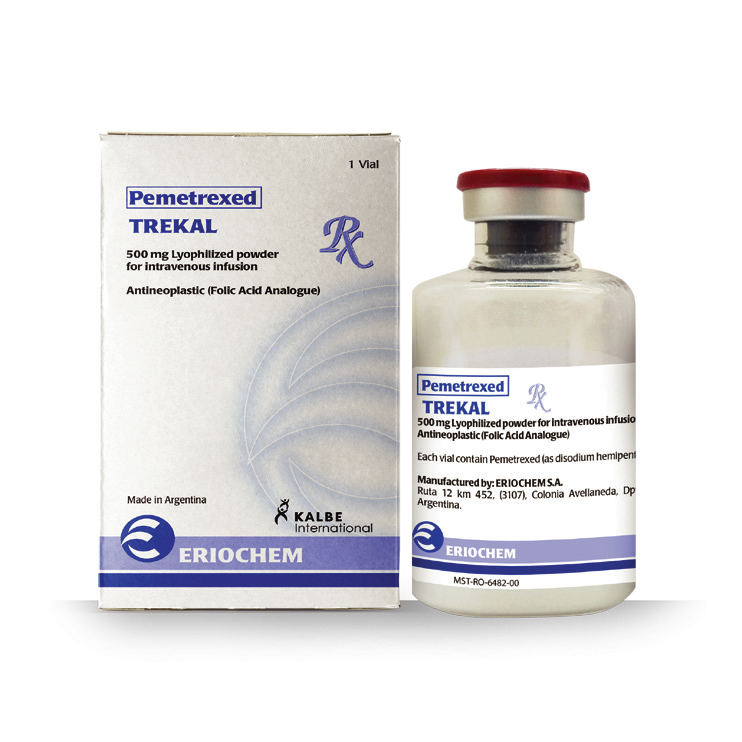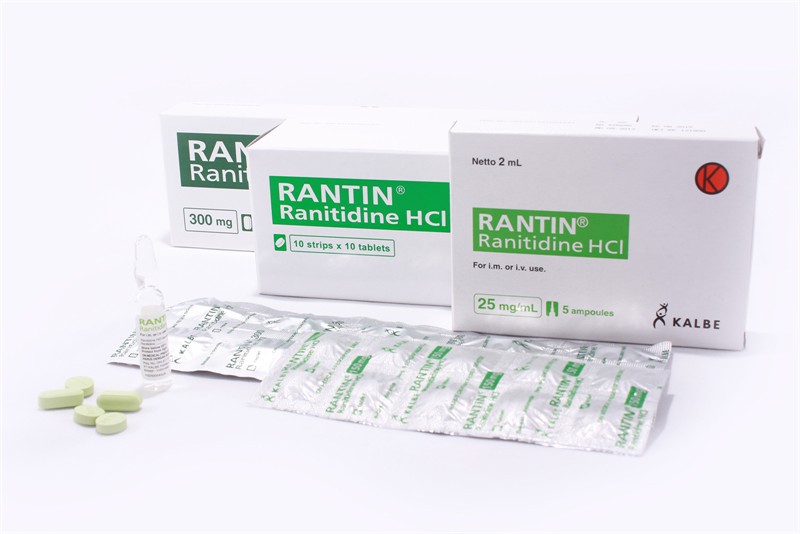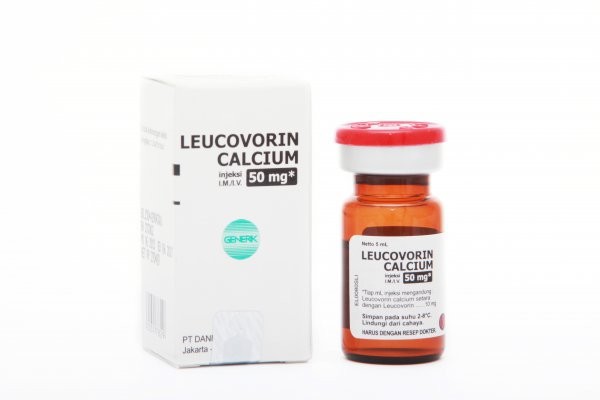
Cancer-related fatigue (CRF) is one type of complication that is often overlooked. CRF is a persistent condition of fatigue that is debilitating and can significantly reduce functional ability and quality of life. Treatment for CRF often aims to reduce inflammation.
Cancer patients and cancer survivors require more protein due to abnormal protein metabolism, increased protein turnover, and gluconeogenesis from amino acids. Increased protein intake supports muscle mass maintenance and body composition. To date, the effects of oral nutritional supplements (ONS) rich in protein and omega-3 fatty acids on CRF remain unclear.
A prospective, single-arm, multicenter study was conducted to evaluate whether energy-rich, high-protein ONS enriched with omega-3 from fish oil could improve nutritional status, food intake, body weight, and related body composition parameters in cancer patients with malnutrition. The study also assessed whether there was an improvement in CRF scores and quality of life in cancer patients. Cancer patients with malnutrition or inadequate nutritional intake underwent an 8-week therapy with FOHP-ONS/high-protein, fish oil-enriched (twice daily, containing 4.2 g of omega-3 fatty acids). Dietary intake, body weight, handgrip strength, serum biochemical markers, nutritional status (PG-SGA), fatigue/exhaustion (BFI-T), and quality of life (EORTC QLQ-C30) were evaluated at baseline, week 4, and week 8.
The results were as follows:
- A total of 30 patients were able to complete the study.
- Energy and protein intake, body mass index (BMI), and handgrip strength increased significantly, while muscle mass did not change significantly.
- Nutritional status, assessed using the PG-SGA, improved significantly, with the proportion of patients with severe malnutrition (grade C) decreasing from 46.7% to 13.3%, and patients with moderate malnutrition (grade B) improving to good nutritional status (grade A) from 10% to 30%.
- Serum albumin levels increased significantly, while fasting blood glucose levels decreased significantly. Additionally, triglyceride levels decreased significantly, while total cholesterol and LDL-C showed a decreasing trend.
- Cancer-related fatigue scores improved across all domains, and quality of life improved significantly, particularly in physical function and role.
Conclusion:
This study found that high-protein and omega-3 ONS supplementation is beneficial in improving nutritional intake, body composition, and muscle strength, as well as alleviating CRF and improving quality of life in cancer patients with malnutrition. The findings of this study support the role of high-protein omega-3 ONS in nutritional interventions for cancer patients with malnutrition. However, further research with better methods and a larger number of subjects is needed.
References:






